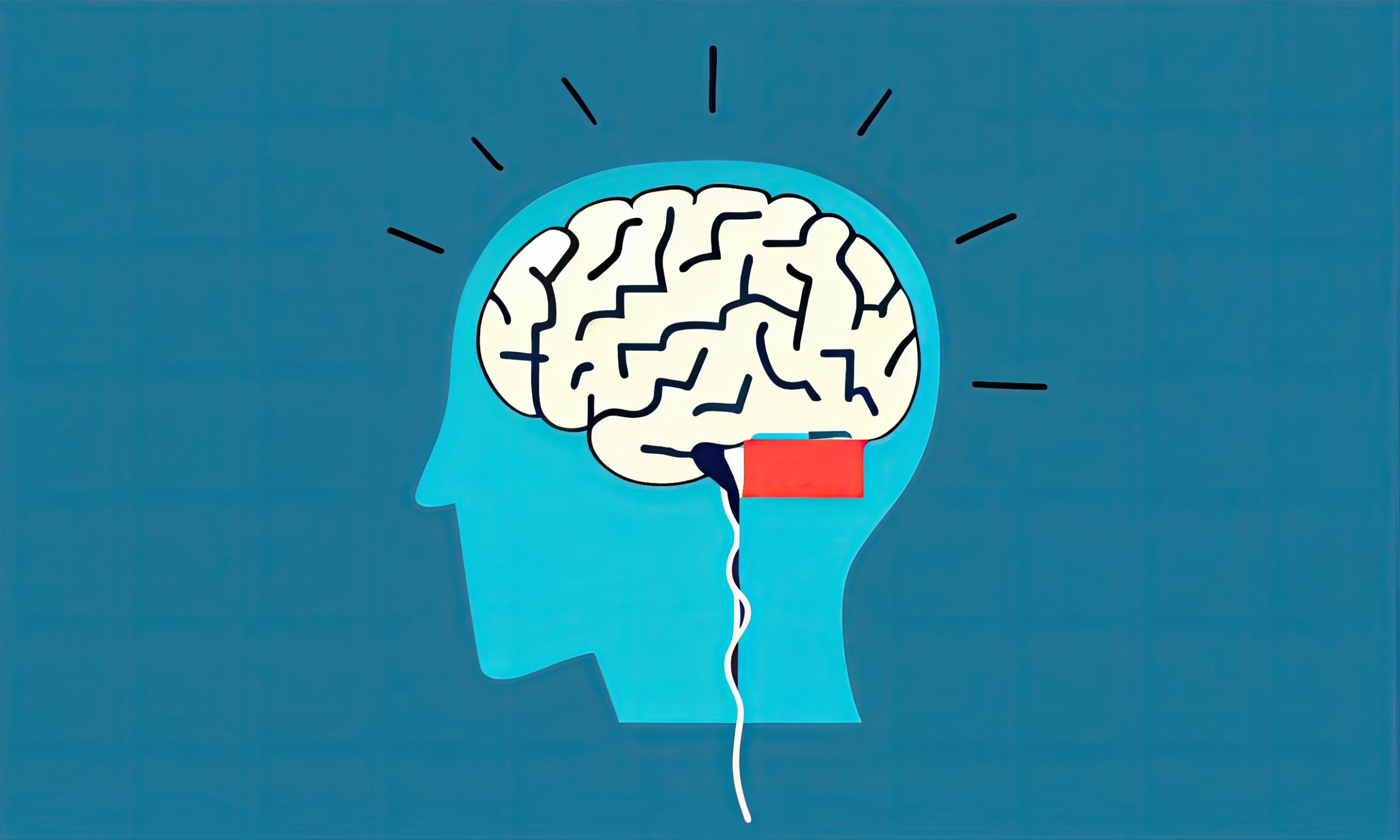
Header Content




Medical Assistance (Medicaid)-funded mental health rehabilitation for the development and enhancement of psychiatric stability, social competencies, personal and emotional adjustment, and independent living and community skills. Services delivered in partnership with Stride Health Services, Inc.

Adult Rehabilitative Mental Health Services (ARMHS) are mental health services that are rehabilitative and that enable Global Health Link clients to develop and enhance psychiatric stability, social competencies, personal and emotional adjustment, and independent living and community skills, when these abilities are impaired by the symptoms of mental illness. We meet our clients in their homes or other community settings. The services also enable our clients to retain stability and functioning if he or she is at risk of losing significant functionality or being admitted to a more restrictive service setting without these services. Global Health Link’s ARMHS instructs, assists, and supports clients in areas such as medication education and monitoring, social skills, and living skills. This may include symptom management, household management, employment, and/or community-living transitions.
If Adult Rehabilitative Mental Health Services may benefit you or someone you look after, please do not hesitate to contact Global Health Link to discuss qualifications and services.

